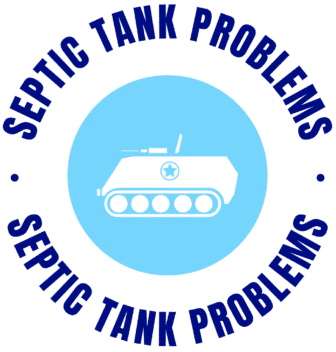You have to be kidding! This is the third time you have gone to the grocery for soap and shampoo in just a month. This is because of the hard water that your household uses, right? Why not install a water softening system in your home system? That’s right. You have thought about it before but you were apprehensive because you have been hearing so many horror stories about the negative effects of water softening treatments on the septic system. Do water softeners harm septic tanks? This is what keeps on echoing in your head whenever the thought of treating your hard water is brought up.
Water softening is a process where sodium, magnesium, and calcium ions are eliminated from your water supply. As a result, the discharge that enters the septic tank is rich with the said ions. There is a speculation about this that stresses the harm of these ions, especially salt, on the bacterial population that is supposed to thrive in the septic tank. There have been studies that provided evidence that the salt content in the water softening discharge is not enough to deplete the bacteria. Even if the bacteria present love fresh water, the salt content of the discharge is too dilute already to significantly affect them. Other ions such as calcium, can hinder the porosity of the soil in the drain field. This decreases the percolation rate of the soil and makes the absorption of the effluent much slower. This also decelerates the purification and distribution process. The degree of percolation depends on the texture of the soil that surrounds the septic tank.
The volume of water is also a point of concern in the water softening process. It is believed by many that the amount of water that enters the septic tank greatly increases, resulting in the violent stirring of the solid waste materials and the delay of the decomposition. Both of these result to the blockage of the drain field that leads to the failure of the septic system. Water softeners only pushes through when it is needed. This results to a lowered volume of water that enters the septic tank. It really doesn’t bother the decomposition of the solid wastes that have settled at the bottom of the tank. Its impact doesn’t even stir up the sludge for it to be dispersed into the drain field.
The septic tank is a vital part of your home’s water treatment facility. Water softening yields mineral ions that are thought to accumulate and damage it. It is speculated that the sodium, calcium, and magnesium have a tendency to stick to the tank. Since only very low amounts of these ions are deposited into the tank through the water softening discharge, no evidence has been presented that shows their significant damage to the tank itself.
Contrary to what people believe, water softeners give more advantages than disadvantages to you and to your household.
- They do not damage your septic tank.
- They do not harm the bacterial population in the septic tank.
- You save on soap and time in washing and bathing.
You enter your home with loads of soap again. This is outrageous and you know it! You are spending so much on soap and detergents that it is already creating a strain on your budget. Don’t you think it’s about time for you to have a water softening system installed? Of course, you will spend on it but think about how much you’re going to save on soap when you have soft water running. There are times when you have to try something out for yourself so that you could really have a grasp of what it could really give you. Water softening is just one of the issues that you have to look into very well in order to correct the wrong perceptions that built up time.
